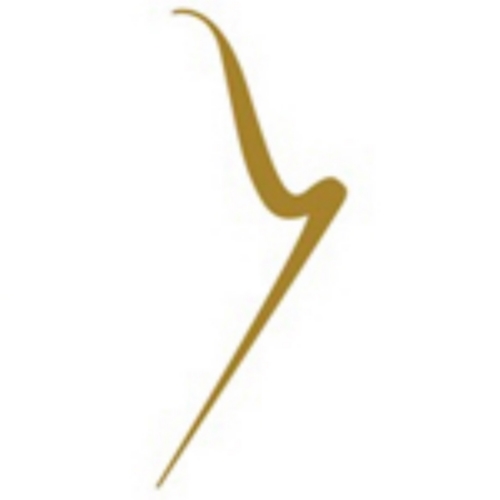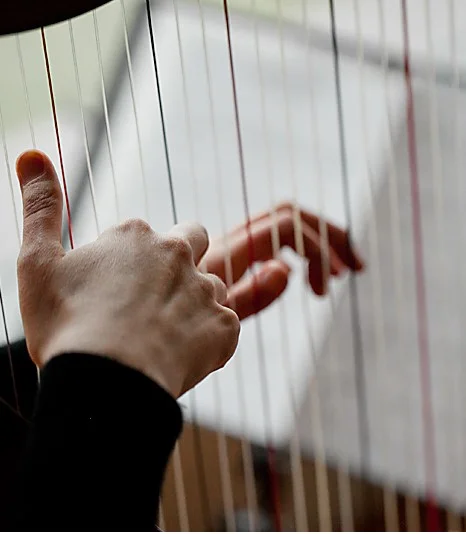Whether you’re a new student, an old student, or just needing some motivation to get that technique into gear, it never hurts to stop and think just what this technique thing is doing for us. We’ve all fallen into the trap of mindlessly ripping through some scales and calling it job done, or playing once through those Grossi exercises just because our teacher said so. So here’s 3 reasons why you should practice technique, and do so with your brain switched on.
No. 1- It protects your hands
Any repetitive motion done over an extended period of time exerts wear and tear on our bodies. If that motion is done badly- usually meaning with undue stress and strain- then the net result is going to be even worse. While there are differing approaches to harp technique, one of the chief aims of each and every single one is to reduce tension and minimise damage to the fingers, hands and pretty much everything else involved with playing.
No. 2- You will play better.
If you have a minimum amount of tension in your hands, arms, neck, shoulders and anywhere else you can think of, then the business end of playing will occur with a greater degree of ease. Practicing technical exercises increases the amount of control you have over your hands so you can execute common fingerings, add special effects, or pull off all sorts of dynamic contrasts at the push of a button. Put it all together and you have the basis of a lean, mean playing machine.
Yes, my left thumb should be up a bit.
No. 3 - Good technique makes your instrument (and you!) sound better.
Relaxed hands, as a result of mastering your technique, produce a better tone. By controlling how you are using your hands on the strings you are controlling the sound you are making. You can even learn to change and adjust that sound according to the music you are playing. There’s a whole world of musical colour out there literally at your fingertips. And by fully utilising the strength of your muscles, you can really crank up the volume when required so everyone can hear that gorgeous instrument of yours.
With so much to gain, why is it that some people still drag themselves to the harp when it’s time to practice something technical? The third part of this series pulls out a few suggestions for adding some spice to technique training, with ideas for teachers and students alike.

